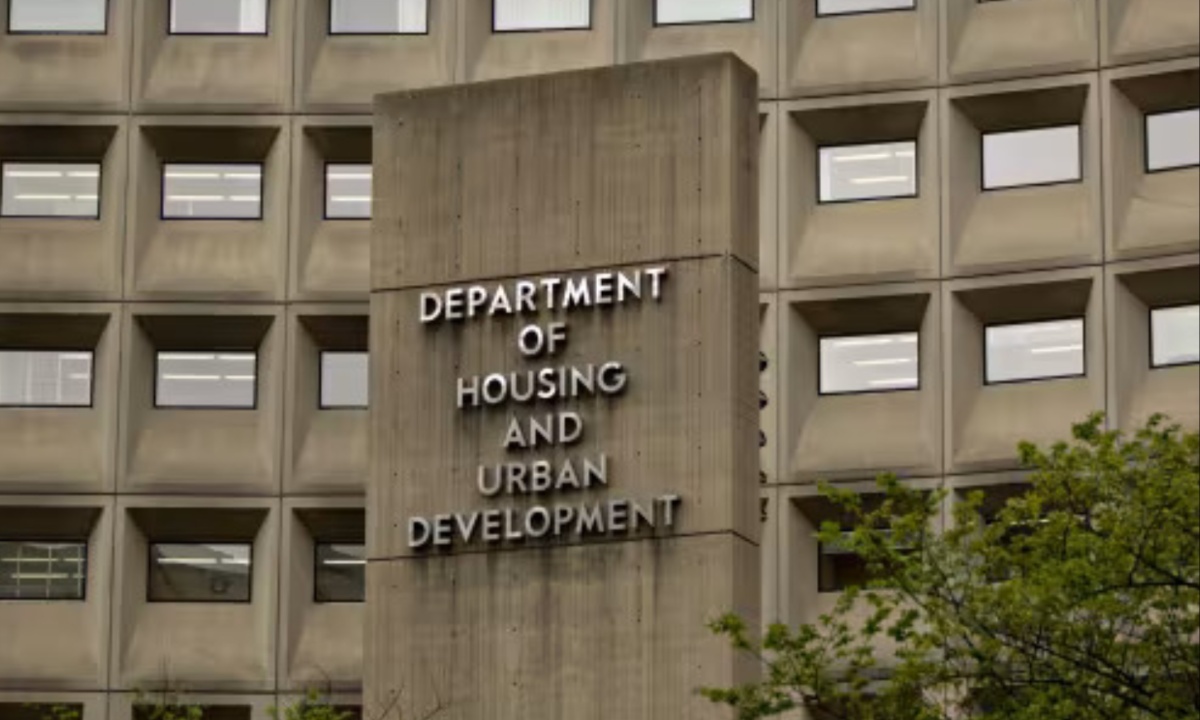The lawsuit involving Texas Capital Bank (TCB), the U.S. Department of Housing and Urban Development (HUD), and Ginnie Mae is set for trial preparation by September 2025. The case revolves around a dispute concerning Home Equity Conversion Mortgage (HECM)-backed Securities (HMBS).
Magistrate Judge Lee Ann Reno of the U.S. District Court for the Northern District of Texas has updated the trial timeline and scheduled key deadlines for 2024 and 2025, assuming the case does not settle beforehand. Expert witnesses must be prepared by December 2024, and all evidence gathering must be completed by March 2025.
In addition to expert witness preparation, mediation is expected to take place by April 2025. This mediation, meant to encourage a potential settlement, will involve private discussions with representatives from both sides. These discussions will occur before the trial, and the mediation process will remain confidential.

A change in leadership at HUD and Ginnie Mae could complicate the timeline as the next U.S. president, inaugurated in early 2025, may appoint new officials to these agencies.
The trial timeline became more defined after a request by the government to change the venue was denied. The dispute centers on TCB’s claim that Ginnie Mae eliminated TCB’s first priority lien on valuable collateral tied to the HECM program without compensation.
TCB argues that it had a critical lien after it stepped in to lend money to the now-bankrupt Reverse Mortgage Funding (RMF) company to avoid disruptions in the HECM program.
Ginnie Mae attempted to have the case dismissed, but the court only removed small portions of the original complaint, allowing the main claims to proceed.
The trial process will continue into 2025, with new presidential leadership possibly affecting how the case progresses, depending on whether HUD and Ginnie Mae retain their current leaders. A new administration could introduce fresh leadership, impacting how the case is handled.
The reverse mortgage industry is paying close attention to this case, as the outcome could affect the HMBS program. Ginnie Mae’s role in pooling reverse mortgages and selling them to investors is a key factor in the industry’s liquidity and investment flows. Additionally, the lawsuit is happening during the development of a new HMBS program by Ginnie Mae, which makes the stakes particularly high for the reverse mortgage sector.


